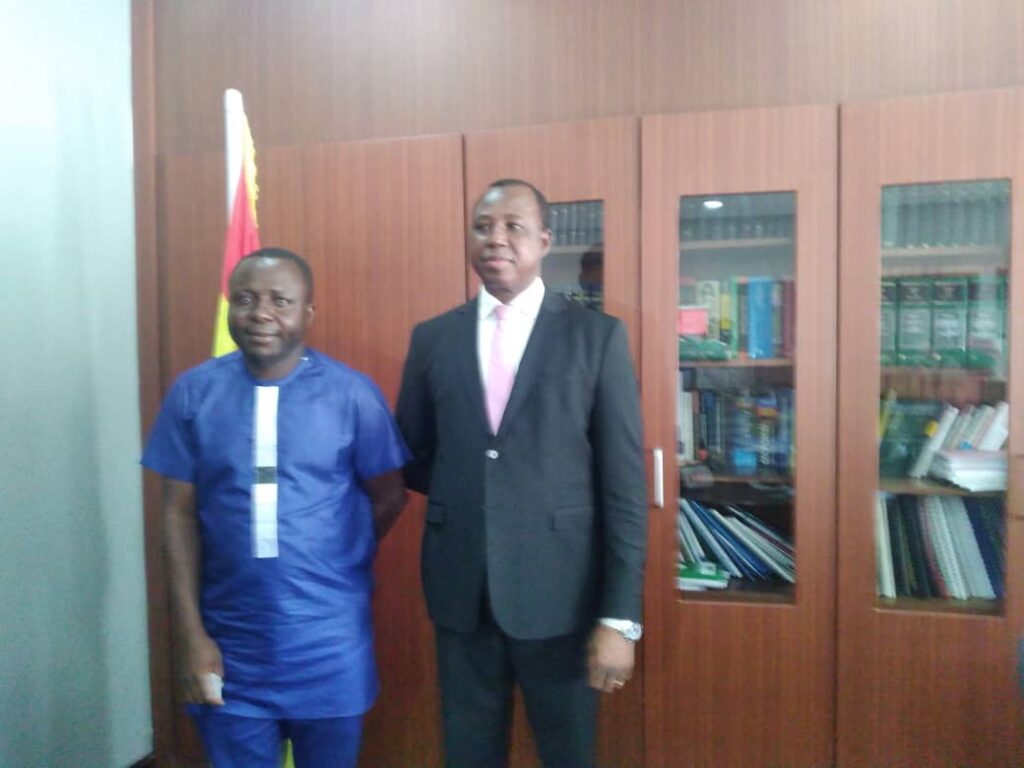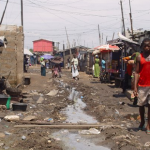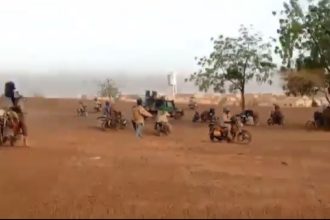The Commissioner for the Commission on Human Rights and Administrative Justice (CHRAJ), Joseph Whittal, has described as shocking the draconian laws that criminalize the lived experiences of poor people.
These laws often fall under the category of vagrancy laws.
“For us in 2021, to be talking about 1960 offences that have to criminalize poverty and low social status in a democracy which has the key principles of the constitution, the preservation, and respect for human rights is shocking,” he said.

According to him, it was about time Ghana sanitized its social systems that unintentionally presently, but intentionally in the past, were targetted at the poor in society.
“The African Commission which [CHRAJ] is a member of makes sure that all Human rights institutions in Africa ensure that the policy of decriminalizing vagrancy laws is dealt with through either repels of actual offences or administrative offences such as bylaws and replaced with appropriate sanctions.”
In efforts to have a reformation in the criminalization of vagrants, the CHRAJ boss said “We have actually impressed on the Attorney General the need to mark out those offences that if you look at their genesis are actually emanating from our colonial past”.
He added that these vagrancy laws were used by the colonial masters to police the colonies.
“Where the colonial masters felt that they would keep people of certain nature from the cities and so if you are loitering around you are a threat to their peace and comfort and that was the essence of it,” Commissioner Whittal explained.
A vagrant is a person without a settled home or regular work who wanders from place to place and lives by begging or hawking on the streets.
According to him, what has eluded the colonies is the fact that they (colonies) after gaining sovereignty, still hold on to those laws.
“What has eluded us is why since independence we have kept allowing such type of legislation to remain in our statutory books,” he said when a team from the ‘decriminalizing vagrancy laws advocacy project’ with Crime Check Foundation is a partner, paid a courtesy call on him in Accra on August,11,2021.
Project Duration
The one-year project will be rolled out in 12 local government assemblies in three regions; Greater Accra, Ashanti, and Central.
“We have begun with the mapping, and we are engaging with the various district assemblies in the selected regions and the leadership of vagrants,” said Ibrahim Oppong Kwarteng, the Executive Director of Crime Check Foundation and a member of the advocacy team.
The project will sensitize more than a thousand vagrants about their rights and responsibilities to prevent any misunderstandings with the assemblies.
“In order not to seem as we are inciting vagrants against the district assemblies and the central government, we will also educate them about their duties as patriotic citizens,” he added.
Monitoring and Evaluation
To monitor the progress and effectiveness of the project, a contact centre will be created after the sensitization to address the concerns of vagrants at the partnering organization, Crime Check Foundation.
According to Mr Kwarteng, the police will also be engaged to monitor the progress of the project.
The project runs from May 2021 to May 2022.
















